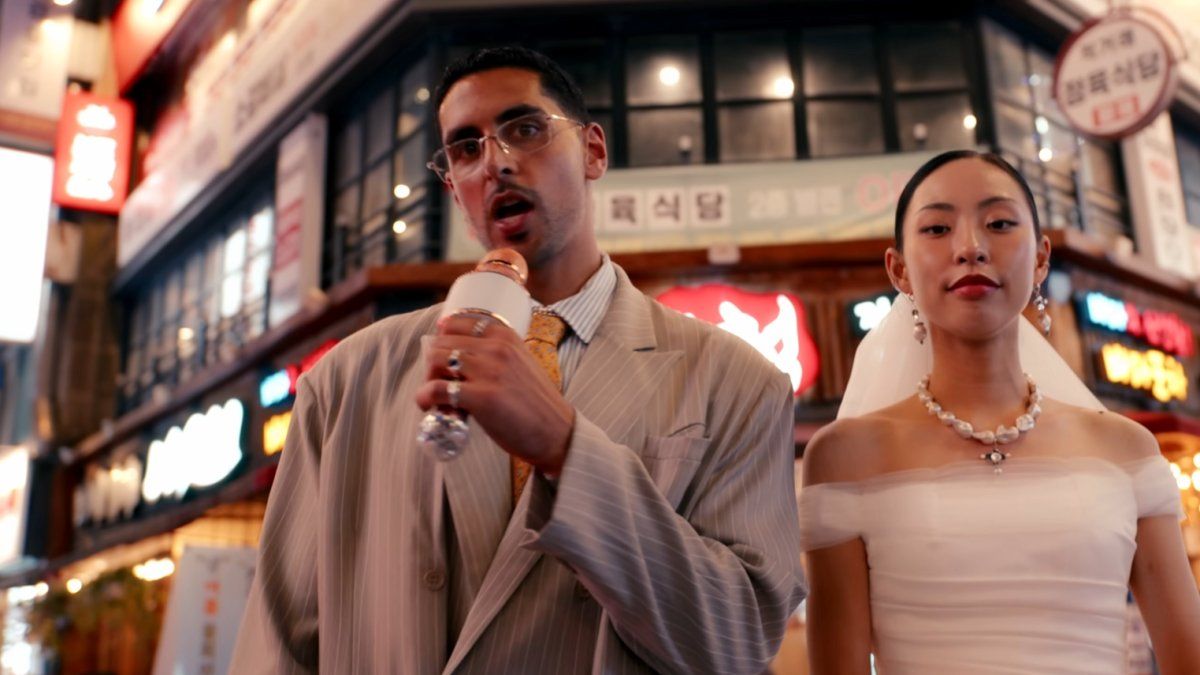The Council, made up of 15 members, was briefed by the UN Secretary General, Antonio Guterres, Jack Clark, co-founder of Anthropic, a leading artificial intelligence company, and professor zeng yiCo-Director of the UK-China Research Center on Business Ethics and Governance Artificial intelligence.
James Cleverley, Foreign Minister of Great Britain – the country that presides over the organization during July – affirmed that the AI “it will fundamentally alter every aspect of human life.”
“We urgently need to shape the global governance of transformative technologies because AI knows no borders,” he added after stating that AI could help tackle climate change and boost economies.
The ambassador of China before the UN, Zhang Jun, described AI as double-edged weapon” and stated that Beijing supports a central coordinating role for the UN in establishing guiding principles for AI.
“Whether it is good or bad, good or bad, depends on how humanity uses it, regulates it and how we balance scientific development with security,” Zhang said, adding that there should be a focus on people and AI to regulate development and to “prevent this technology from becoming a runaway horse.”
United States Deputy Ambassador to the UN Jeffrey DeLaurentis, He also said there was a need for countries to also work together on AI and other emerging technologies to address human rights risks that threaten to undermine peace and security. “No Member State should use AI to censor, coerce, suppress or disempower people,” he told the Council.
Russia He questioned whether the Council, charged with maintaining international peace and security, should discuss AI. “What is needed is a professional, scientific and experience-based debate that can take several years, and this debate is already underway on specialized platforms”said Russia’s deputy ambassador to the UN, Dmitri Polyanskiy.
https://publish.twitter.com/oembed?url=https%3A%2F%2Ftwitter.com%2Fantonioguterres%2Fstatus%2F1681417796247343104%3Fs%3D20&partner=&hide_thread=false
Today I urged the Security Council to approach Artificial Intelligence with a sense of urgency, a global lens, and a learner’s mindset.
We must work together towards common measures for the transparency, accountability, and oversight of AI systems. pic.twitter.com/nll4jpGQaM
—António Guterres (@antonioguterres) July 18, 2023
Regulation of Artificial Intelligence
For his part, the UN Secretary General warned of the risks that artificial intelligence generates for peace and security in the world and urged urgent action against an “unprecedented” technology.
“It is clear that AI is going to have an impact on all aspects of our lives”, particularly generative artificial intelligence, the creator of images and texts, Antonio Guterres declared at the first meeting that the Security Council devotes to this issue. . “Generative AI has enormous potential for good and evil on a large scale,” he warned.
At the same time, he considered that these technologies can “eradicate poverty, fight hunger, cure cancer and boost climate action” but “military and non-military applications can have serious consequences for world peace and security.”
They ask to ban the use of Artificial Intelligence in weapons
Guterres requested that by the end of 2026 a binding instrument is established to prohibit “autonomous lethal weapons systems” that they operate without human supervision and that people are “never removed” from the control of nuclear weapons.
Artificial intelligence is increasingly used in security, including by the UN, to “identify patterns of violence, surveillance of ceasefires” or “strengthen peacekeeping, mediation and humanitarian efforts,” he recalled, but they can be double-edged technologies, because “They can also be used by malicious people.”
“The malicious use of information systems artificial intelligence for terrorist, criminal or state purposes could cause horrific levels of death and destruction, widespread trauma and profound psychological damage on an unimaginable scale.”
In this context, “mechanisms for the governance of artificial intelligence are urgently needed,” said the UN chiefwhich is going to ask a group of experts to propose “options” in this field by the end of the year.
Meanwhile, he reiterated his support for the creation of a “United Nations entity” to help optimize the benefits of artificial intelligence and reduce risks, as the International Atomic Energy Agency (IAEA) or the UN group of experts on climate (GIEC) already do.
Source: Ambito




